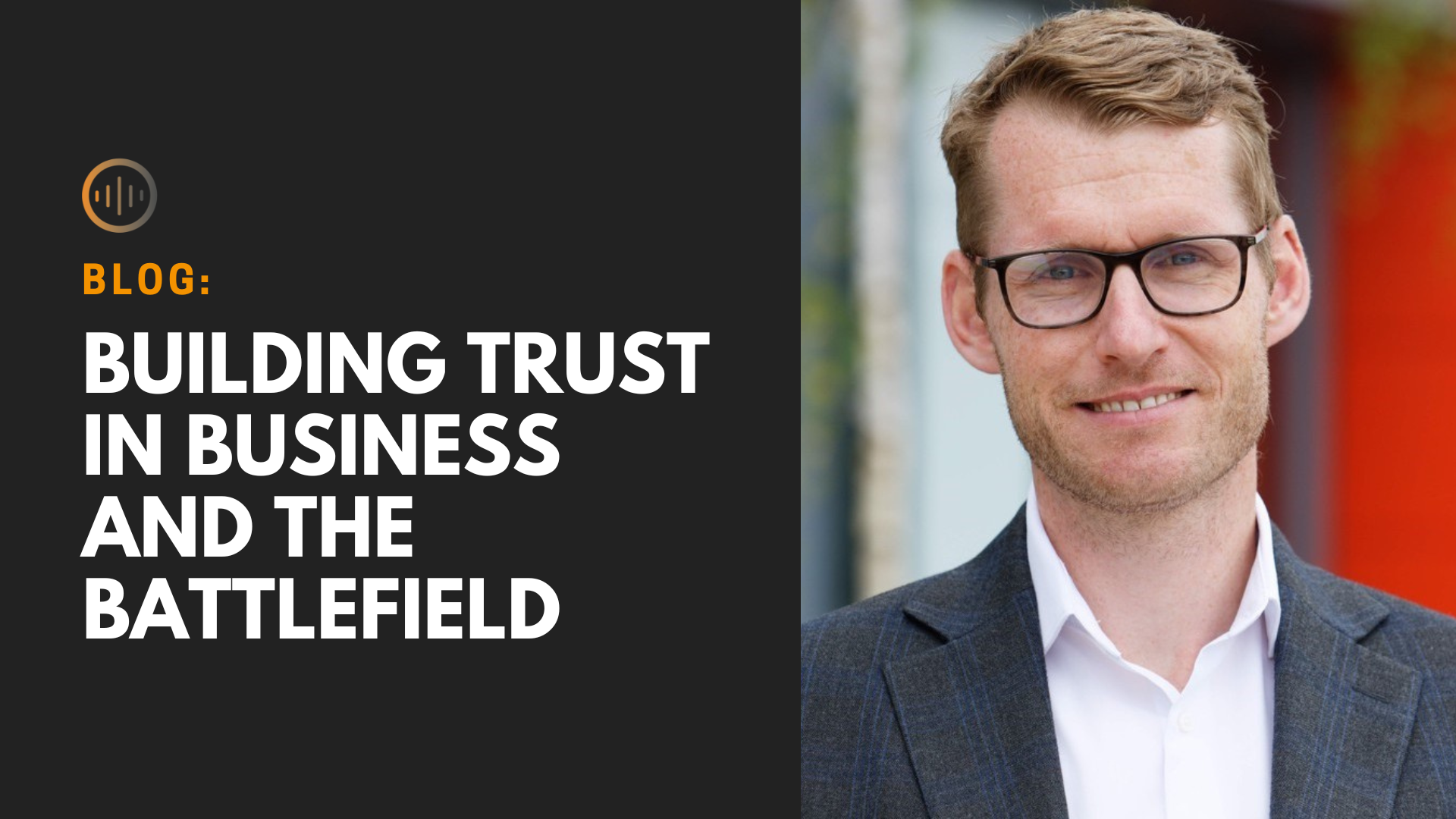

In the demanding realm of business, the teachings from Patrick Lencioni’s “5 Dysfunctions of a Team” have always resonated with me. Central to his message is the tenet that trust is not merely a foundation but the very cornerstone of a results-driven enterprise. This assertion holds profound significance, especially when juxtaposed with my military experiences, where trust can mean the difference between life and death.
Drawing from my army days, ‘Start with Why’ wasn’t just a motivational catchphrase but a mantra. Before any mission, the raison d’être was elucidated to every soldier. This was never about formality but about instilling clarity and trust. In understanding the ‘Why’, we forged a bond, not just with the mission but with each other. Similarly, in business, if teams understand the ‘Why‘ behind their tasks, it fosters trust, nurtures alignment, and ensures that everyone is working in concert towards a shared vision.
In today’s corporate landscape, there’s an escalating fixation on Performance KPIs, often at the expense of the overarching goal. It’s reminiscent of a soldier overly concerned with the calibration of his weapon while losing sight of the strategic objective. In a cohesive, high-performing team, driven by trust and purpose, KPIs organically fall into place. It brings me to ponder: in our quest for quantifiable success, have we become myopic, fixating excessively on KPIs, and sidelining the larger purpose?
The military ingrained in me a cardinal truth: the team always supersedes the individual. Regardless of accolades or expertise, a lone soldier cannot win a war. It’s the collective effort, the symphony of individual strengths, that forges victory. This philosophy is equally pertinent in the business arena. It’s not about solitary contributions but the amalgamation of efforts. Being a part of something transcends mere participation; it’s about contributing to a purpose larger than oneself.
This collective ethos is steeped in shared responsibility. On the battlefield, a single unit’s failure reverberated across the ranks. There wasn’t room for blame; there was only collective responsibility. Translated to a corporate setting, this ensures a culture of psychological safety where team members express, innovate, and sometimes falter without the looming shadow of retribution. It cultivates an environment where ambitions aren’t curtailed, encouraging teams to reach for the stars in their goals.
However, a relentless drive towards a target without context is as detrimental as advancing in the battlefield without intel. Context gives meaning to the mission. As Lencioni postulates, devoid of trust, even the most meticulously laid plans can crumble.
In summation, whether in the gritty terrains of war or the sleek boardrooms of businesses, trust remains paramount. It’s not just about strategy or targets; it’s about an unshakable belief in the collective, in shared purpose, and in each other. By emphasizing the ‘Why‘, championing the team over the individual, and ensuring an atmosphere of psychological safety, we create not just teams, but formidable units that drive results. After all, while metrics and KPIs serve as our compass, it’s trust that propels us forward.
Reflecting on these insights, it begs the question: how does this correlate with UK politics? Are the desired outcomes truly being achieved? If there’s a perceived deficit, could it be due to a lack of trust? How can we revitalize faith in the UK’s strategic direction and trust in those who lead us? The dynamics of trust in teams may offer valuable lessons for the political landscape, pushing us to critically evaluate the integrity and purpose of our leadership.
Written by Richard Sansom, vocL voice and East Midlands Network Director at Cadent Gas.


